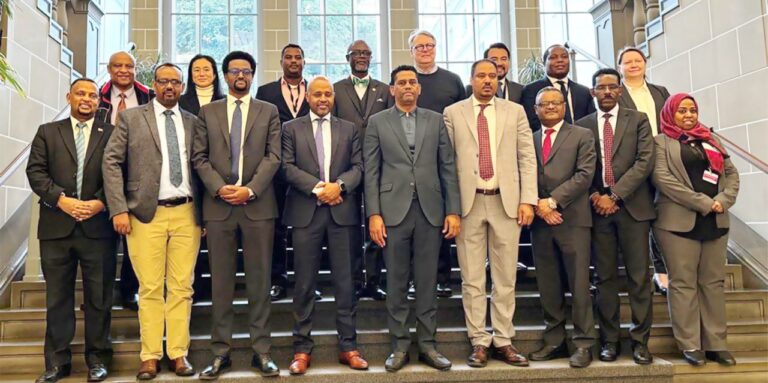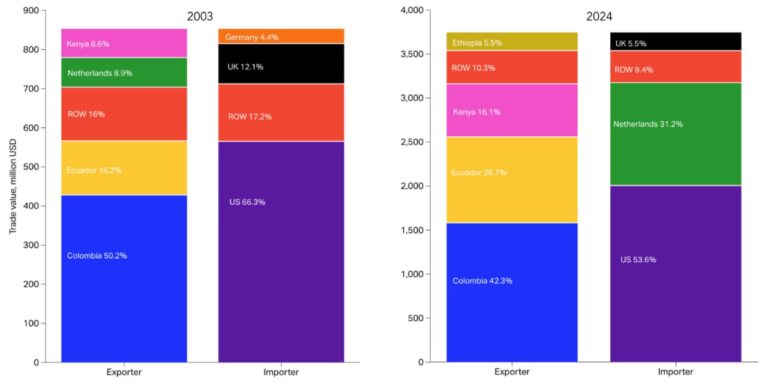Marathon Motor Engineering PLC (MME), a leading electric car manufacturer in Ethiopia, is encountering significant obstacles in its efforts to expand the electric vehicle (EV) market. The company has reported difficulties in navigating legal frameworks, particularly regarding the acquisition of license plates for its electric models.
Melkamu Assefa, Managing Director and CEO of Marathon Motors, revealed that authorities have shown resistance when the company sought to obtain license plates for its electric vehicles, instead requesting information related to conventional internal combustion engine vehicles. This situation highlights the regulatory hurdles that continue to impede the growth of the electric vehicle sector in Ethiopia.
In addition to licensing challenges, MME is grappling with high insurance premiums that complicate the process of obtaining coverage for electric cars. To address this issue, the company has initiated training programs for insurance providers to demonstrate the benefits of insuring electric vehicles. While there has been some success, Melkamu acknowledged that insurance remains a major obstacle.
Funding also poses a challenge for electric vehicle adoption. While banks typically offer loans for petrol cars with terms extending beyond ten years, loans for electric vehicles are often limited to less than five years due to concerns about battery life. Marathon Motors is advocating for longer loan terms, citing its own eight-year warranty on vehicles, but banks have yet to respond favorably.
The company emphasizes the need for a comprehensive legal framework that addresses battery quality, licensing, and insurance for electric vehicles. Such a framework is deemed essential for building consumer confidence and increasing acceptance of electric cars in the Ethiopian market.

This pressing need was underscored at the recent forum where Marathon Motors unveiled its electric vehicle offerings four years ago. The event showcased new models, including the second-generation Hyundai KONA SUV and the award-winning IONIQ 5 SUV from Hyundai.
In conjunction with these developments, Marathon Motors has opened a new electric vehicle service center as part of its commitment to the growing EV sector. This launch coincides with the company’s 15th anniversary and highlights its dedication to providing specialized maintenance and repair services for electric vehicles.
Melkamu expressed confidence in the necessity of dedicated workshops for electric vehicles, stating that the new service center will enhance the company’s ability to support this emerging industry. The center aims to promote the use of electric vehicles across Ethiopia by ensuring reliable maintenance services.
State Minister of Transport and Logistics, Breho Hassan, addressed attendees at the event, emphasizing that Ethiopia’s policies and strategies are designed to modernize the transport sector in alignment with global trends in electrification and sustainability. He outlined a strong policy framework aimed at reducing carbon emissions while improving transport quality and infrastructure.
Breho highlighted a 30-year transport roadmap that envisions a fully modern transportation sector by 2050, prioritizing clean energy solutions and structured standards for integrating electric vehicles into the national system. As part of this plan, Ethiopia aims to expand EV infrastructure, including charging stations and maintenance workshops, while providing incentives for manufacturers and users of electric vehicles.
The minister noted that this initiative will play a crucial role in realizing the vision of the newly established electric vehicle workshop, which is intended to serve as a training center for mechanics, engineers, and students specializing in EV technology.
“This event isn’t just about launching vehicles and workshops; it’s about advancing sustainable and cost-effective transportation solutions,” Breho stated. He called on private sector customers, investors, researchers, and the public to collaborate in accelerating this transition toward a greener future.
Founded in 2008 and partnering with Hyundai since 2009, Marathon Motor Engineering has established itself as a key player in Ethiopia’s automotive market. The company has adopted a “bigger, better, and stronger” strategy that has resulted in superior performance in sales and service. Since 2016, it has been the exclusive agent for SAME tractors and has built a factory capable of assembling up to 10,000 vehicles annually following a technical assistance agreement with Hyundai.








